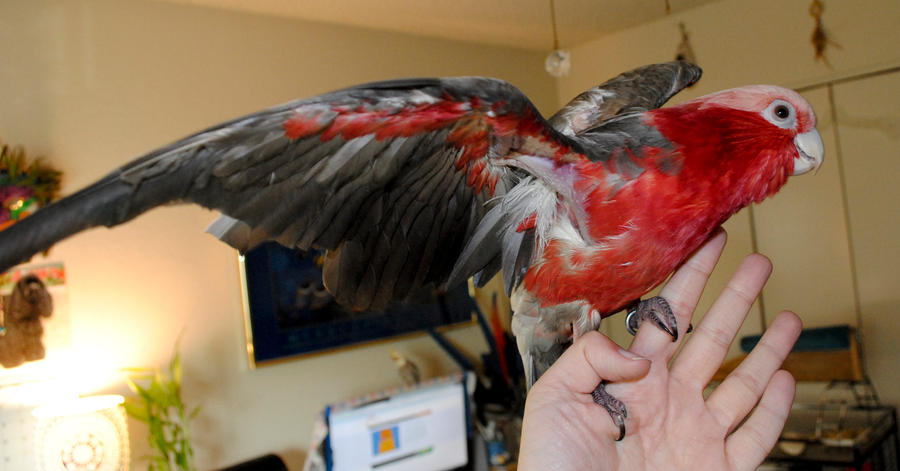I have been wanting to add another bird to our flock and realized that many of the birds I have called about are in their teens and eating mainly seed. I realized this morning that these rehomed birds have the potential of having fatty liver disease. Is there a specific age when this would cause serious damage? Birds in their teens are still considered young right?
Can this disease be reversed if detected? If I became involved with a bird that has this, what can I expect? There is no certified avian vet in my area so I would have to either drive to Atlanta (1 1/2 hours away) or bring in a mobile vet.
I realize whatever bird I add will have to be vetted for the safety of my 2 existing birds, but I am concerned about the future.
Thanks.
Can this disease be reversed if detected? If I became involved with a bird that has this, what can I expect? There is no certified avian vet in my area so I would have to either drive to Atlanta (1 1/2 hours away) or bring in a mobile vet.
I realize whatever bird I add will have to be vetted for the safety of my 2 existing birds, but I am concerned about the future.
Thanks.
Last edited:



